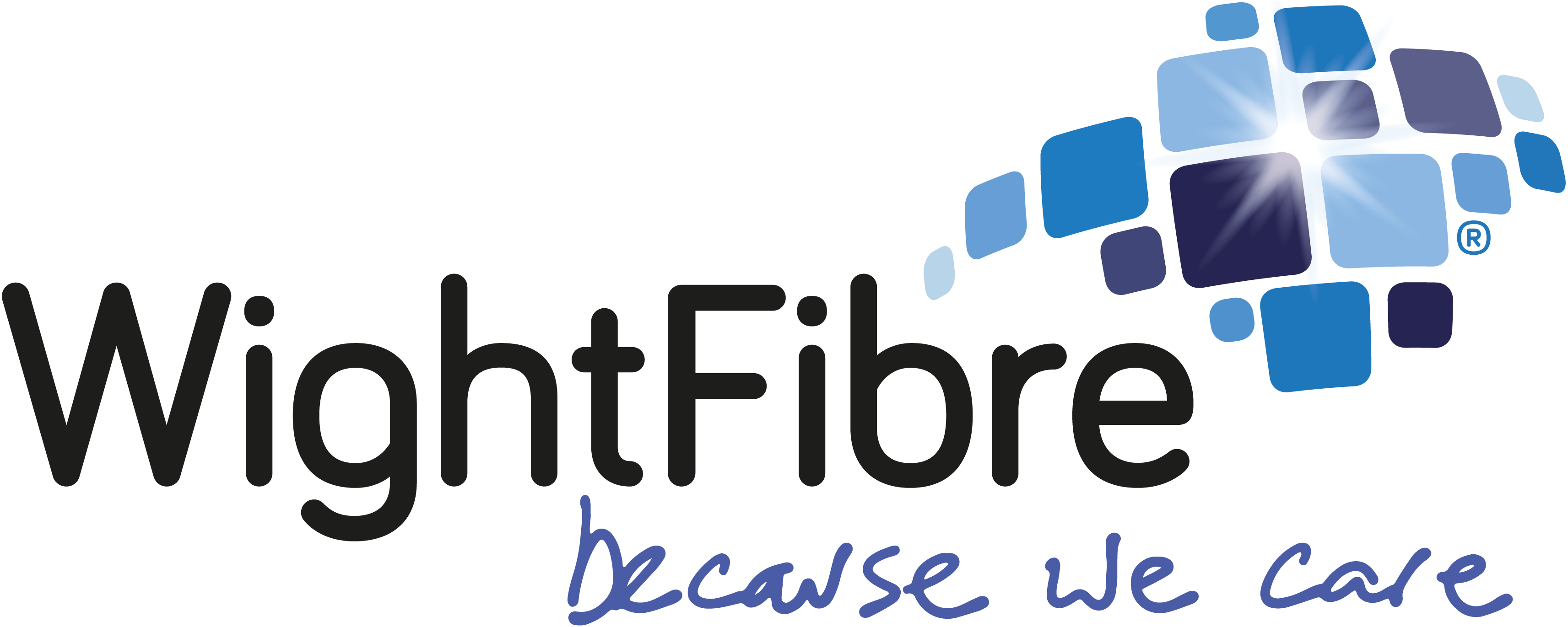Google Home or Amazon Echo – which is best?
 Smart home devices are on the rise and are set to be the next must-have gadget. It’s thought that within the next decade everyone will have at least a percentage of their home life controlled by smart appliances and devices.
Smart home devices are on the rise and are set to be the next must-have gadget. It’s thought that within the next decade everyone will have at least a percentage of their home life controlled by smart appliances and devices.
Recent months have seen the release of two main competitors for your first smart purchase. Amazon have brought out Amazon Echo, stating:
“Echo connects to the Alexa Voice Service to play music, provide information, news, sports scores, weather and more. Prime members can also ask Alexa to order eligible products they’ve ordered before and many Prime products. All you have to do is ask.”
Google have also hit the market at the same time with their product Google Home. Google Home boasts similar abilities:
“Google Home enables users to speak voice commands to interact with services through the Home’s intelligent personal assistant called Google Assistant.”
Overview
Both the Amazon Echo and Google Home are stand-alone devices which are predominantly a high quality speaker and microphone. The microphone will listen out for key words that it’s programmed to recognise. For the Amazon device you simply call out ‘Alexa’ and for Google Assistant you say ‘Ok Google’ (just as you would with your Android phone). Your assistant will then activate, allowing you to ask questions and give demands to which it will respond. When the device has found a solution to your query it will reply out loud via the speaker in the form of a computer-generated voice.
Both devices are linked to the corresponding account for either Amazon or Google. For Google, this means that it can search your emails, calendar, documents, music and almost everything on your Google Drive to provide you with a completely customised user experience. If you have an Android phone and use Google for work then Google Home may be the obvious choice for you. Equally, Amazon Echo will link to your Amazon account in the same way, allowing you to access your music downloads and even order saved products via Prime by voice without even logging in online.
Services in detail
 A voice-controlled assistant is only as good as the information that you to give it access to and as mentioned previously, Google has email, calendar, maps, documents, an unrivalled search engine, Chromecast connectivity and a whole lot more. Both devices link seamlessly to music streaming and playing services, including their own versions and big names like Spotify.
A voice-controlled assistant is only as good as the information that you to give it access to and as mentioned previously, Google has email, calendar, maps, documents, an unrivalled search engine, Chromecast connectivity and a whole lot more. Both devices link seamlessly to music streaming and playing services, including their own versions and big names like Spotify.
Google Home also provides intelligent access to your information, for example, if you want to know what you’ve got going on during the day, just say “Tell me about my day” and it will pull all your prior engagements from Gmail and Calendar. Google Home will even check the weather for you where you are going without being instructed to do so and give an estimate of how long it will take you to get there.
 If you already own a Chromecast, you can ask Home to send content from your phone, laptop or tablet to your TV – if it works with Chromecast, it’ll work with Google Home.
If you already own a Chromecast, you can ask Home to send content from your phone, laptop or tablet to your TV – if it works with Chromecast, it’ll work with Google Home.
Google Home is very self-sufficient, whereas Amazon has the option for developers to link their services and devices to it with little effort. For this reason the Amazon Echo could trump Google Home for the more tech-savvy users. Amazon provides an intermediate infrastructure called ‘Skills’ which are like apps that you can install to the device providing services ranging from weather forecasts and news reports to party games and even ordering food from Just Eat.
But it won’t be long before a similar number of external apps and services are available to Google. Home was launched with the claim that it’d be the central hub of a voice-controlled home and does already integrate with many smart-home products, such as Nest thermostats. However, Amazon’s list of supported automated home devices is a lot larger including Honeywell, Hive, Netatmo, Samsung SmartThings, Tado, TP-Link’s Kasa and LIFX lightbulbs as well as Nest.
Both devices offer radio services and work well with Spotify, but Google Home does seem to have better quality sound than Amazon Echo, although neither device can rival high-end, purpose made speaker systems.
Privacy
There are quite rightly major concerns from users about being continually listened to, especially in their own home, but both Google and Amazon do insist that devices will only listen when given permission to – so only when you say the activation phrase. Private conversations won’t be ear-wigged or recorded and you can also mute their microphones at any time by tapping the relevant button.
Google Home
Price: £129
Pros
- Links with your Google accounts
- Great for Android device users
- Links to existing Chrome devices
Cons
- Not a cost-effective speaker if you just want it for music
- Currently lacks the smart-home product integration that Amazon Echo can already offer
Amazon Echo
Price: £149.99
Pros
- Integrates with Amazon shopping
- Already has lots of compatible ‘Skills’ (apps) available
- Works with many existing smart-home products
Cons
- Doesn’t have Google’s range of associated services
- Speaker isn’t as good as Google Home
Google Home: ★★★★★ 5/5
Amazon Echo: ★★★★✩ 4/5
If you’ve purchased a smart device for your home then we would love to hear about it and whether you’d recommend one. Contact us through Facebook page or Twitter account to let us know.
Is your connection too slow to benefit from smart devices? Switch today to be part of our #FastestIW network.
 “Echo connects to the Alexa Voice Service to play music, provide information, news, sports scores, weather and more. Prime members can also ask Alexa to order eligible products they’ve ordered before and many Prime products. All you have to do is ask.”
“Echo connects to the Alexa Voice Service to play music, provide information, news, sports scores, weather and more. Prime members can also ask Alexa to order eligible products they’ve ordered before and many Prime products. All you have to do is ask.”





